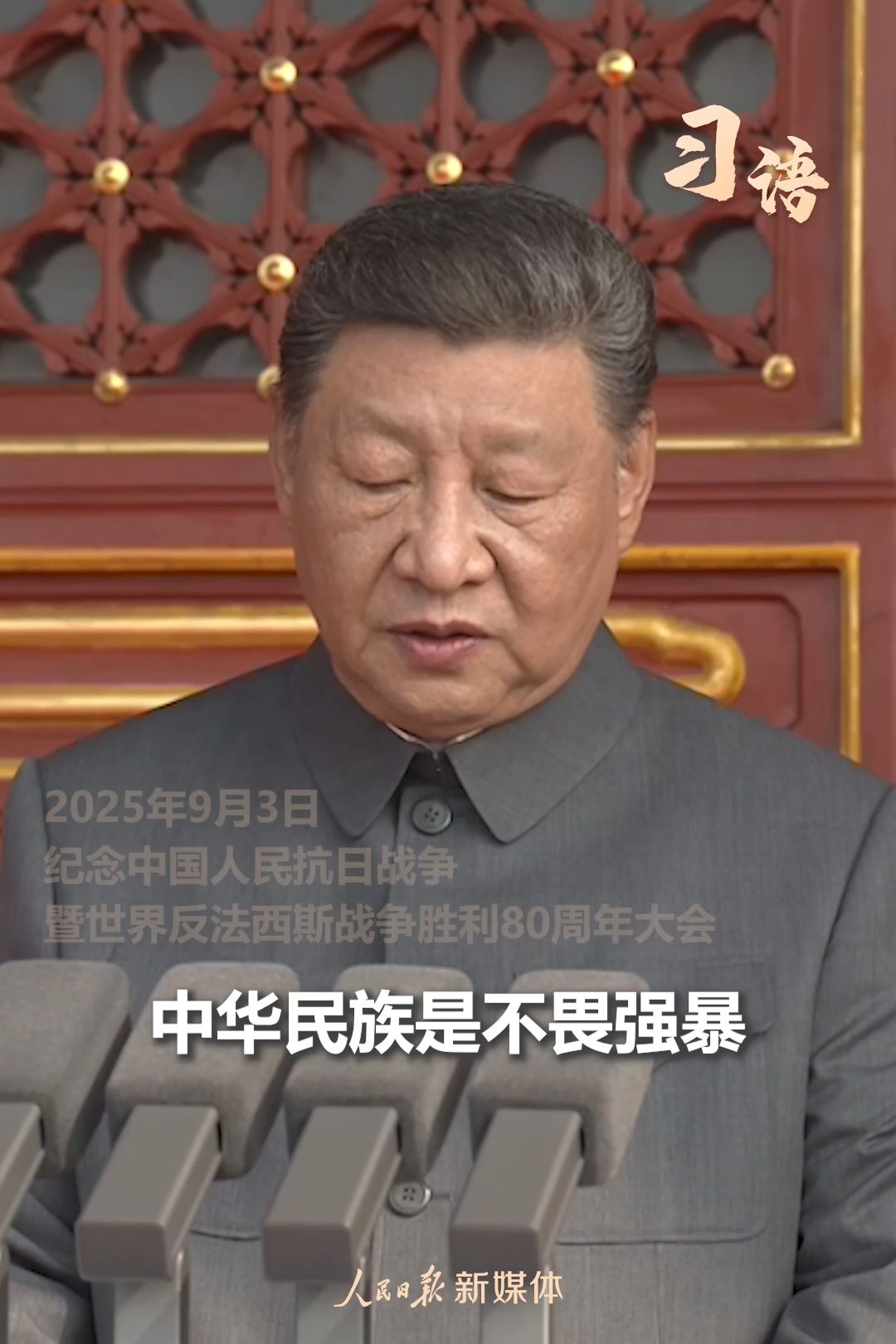“The Chinese nation is a great nation that fears no brutality and stands self-reliant and strong.” At the commemorative meeting marking the 80th anniversary of the victory of the Chinese People’s War of Resistance Against Japanese Aggression and the World Anti-Fascist War, the speech was powerful and inspiring. On September 18 this year, the 94th anniversary of the outbreak of the September 18 Incident, we revisit the speech, remember history, and pay tribute to the martyrs!
Chinese People’s War of Resistance Against Japanese Aggression
The Chinese People’s War of Resistance Against Japanese Aggression refers to China’s prolonged military conflict against Japan, which began with the Marco Polo Bridge Incident in 1937 and lasted until Japan’s surrender in 1945. It was a major theatre of World War II, characterized by widespread resistance and immense Chinese civilian and military casualties. This period is a foundational element of modern Chinese historical identity, symbolizing national resilience and unity against foreign invasion.
World Anti-Fascist War
The World Anti-Fascist War refers to the global conflict of World War II (1939-1945), which was fought between the Allied powers and the Axis powers. It is remembered as a monumental struggle to defeat fascist aggression and expansionism, led by Nazi Germany, Fascist Italy, and Imperial Japan. The war’s conclusion reshaped the world order and established a collective memory advocating for peace and human rights.
September 18 Incident
The September 18 Incident refers to the 1931 Mukden Incident, a staged event where Japanese forces bombed a railway near Shenyang, China. This act of sabotage was used as a pretext for the Japanese invasion and subsequent occupation of Manchuria. It marks a significant event leading to the Second Sino-Japanese War and is commemorated annually in China.



